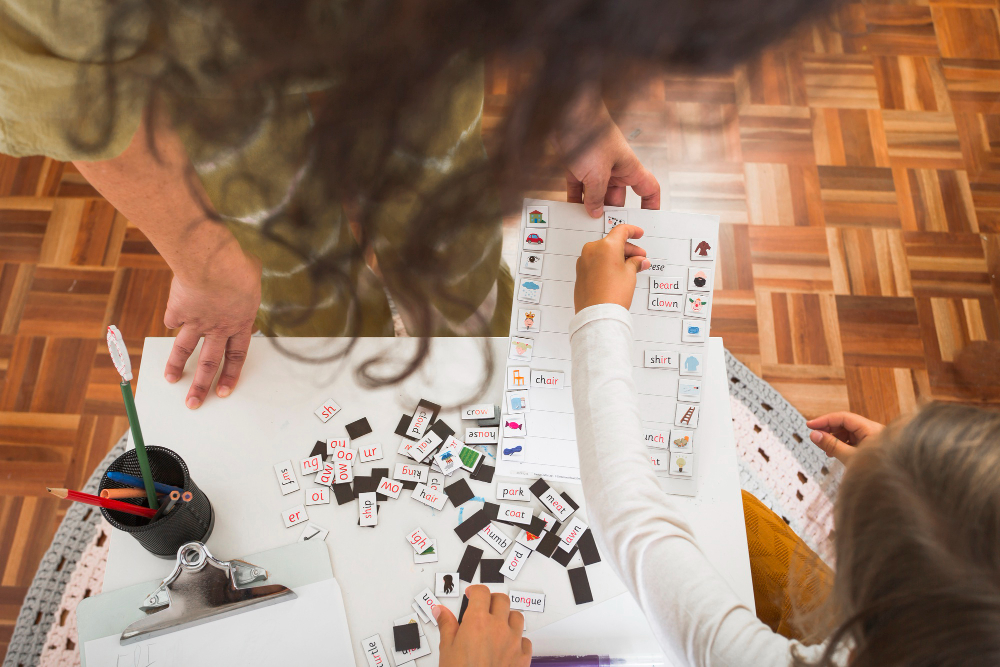Sticker charts and other incentive-based systems promise to motivate children through tangible rewards, yet they too often undermine genuine engagement by teaching students to focus on external validation rather than on the inherent value of learning or participation.
When a child’s behaviour is redirected toward earning stickers or tokens, the activity becomes a transaction instead of an exploration; it risks reducing complex motivations—curiosity, creativity, self-expression—to a simplistic exchange of effort for bribes.
As one parent observed in a consultation about supporting a child with a pathological demand avoidance profile, “If you want him to be calm, a reward scheme is going to be like pouring gasoline on a fire”—a vivid reminder that for some learners, especially those who resist external controls, sticker charts can provoke more anxiety than compliance.
The science of motivation
Decades of psychological research have demonstrated that extrinsic rewards frequently diminish intrinsic motivation, leading to poorer long-term engagement and creativity. A landmark meta-analysis of 128 studies found that engagement-contingent, completion-contingent, and performance-contingent tangible rewards significantly undermined free-choice intrinsic motivation, with effect sizes ranging from d = −0.28 to −0.40 .
Similarly, Alfie Kohn’s seminal work argues that incentives such as gold stars and sticker charts operate as bribes that distort children’s perception of learning, prompting them to ask “How much will it cost me?” rather than “What can I learn?” . When rewards are withdrawn or unattainable, students often experience frustration, reduced self-efficacy, and heightened resistance.
Harm for neurodivergent students
For neurodivergent learners, particularly those with sensory-processing differences or profiles that include demand avoidance, incentive schemes can be experienced as deeply disrespectful to their autonomy and authentic needs.
These systems typically presume that all children respond uniformly to bribes, ignoring the individual sensory thresholds, communication styles, and regulatory strategies that neurodivergent students may employ. In practice, reward charts can exacerbate dysregulation when a child feels coerced or shamed by unmet targets, and they may inadvertently encourage masking, which many autistic individuals find exhausting and alienating.
By centring external approval, sticker charts risk teaching students that their value lies in conforming to arbitrary expectations rather than in expressing their natural strengths.
Alternative, person-centred approaches
Educators and families can foster lasting motivation by prioritising relationship-based and autonomy-supportive strategies that honour each child’s individuality. Research suggests that collaborative problem-solving, inquiry-based learning, and restorative practices not only cultivate intrinsic motivation but also build self-regulation and social connectedness.
For example, structured choice—allowing a student to select from several meaningful activities—engages decision-making circuits in the brain and bolsters ownership over learning. Similarly, restorative justice circles invite students to reflect on their experiences and to co-create solutions to conflicts, shifting the focus from punishment to mutual accountability. Such approaches align with the principle that children learn best when they feel heard, respected, and empowered to pursue meaningful goals.
Conclusion
Sticker charts and incentive-based systems may offer quick wins in the short term, yet they come at the cost of students’ long-term engagement, creativity, and sense of agency. By replacing bribes with evidence-based, person-centred practices—grounded in respect for autonomy, collaborative inquiry, and genuine relationships—educators can support all learners in developing sustainable motivation and self-confidence that extend far beyond the next sticker on the chart.
-
Confident Parents, Thriving Kids—unless you’re autistic
Why school systems should reject behaviourist programs disguised as mental health support. Our daughter was melting down almost every day after school. She would cling to me at drop-off like she was drowning—like she had to hold onto me or she would lose…








